What are the benefits of custard apples?
Custard Apple is rich in vitamin C and helps to develop the body’s immune system. It is adequate with potassium, magnesium, calcium, copper, and phosphorous. It is also enriched with vitamin A and fibre. The luscious fruit is eaten throughout the world.
Eating custard apples will help you to save from many diseases and disorders. It also has medicinal value as the fruit keeps the heart, skin, and bone healthy and maintains blood pressure. Custard apple is also helpful in curing boils, ulcers, and gum-related problems. The leaves of these fruits work against cancer, and bark can be used in case of toothache and gum pain.
However, the most important advantages of custard apples are a healthy y heart, benefits in pregnancy, improved eye vision, a cure for arthritis, fighting fatigue, and protection against anaemia.
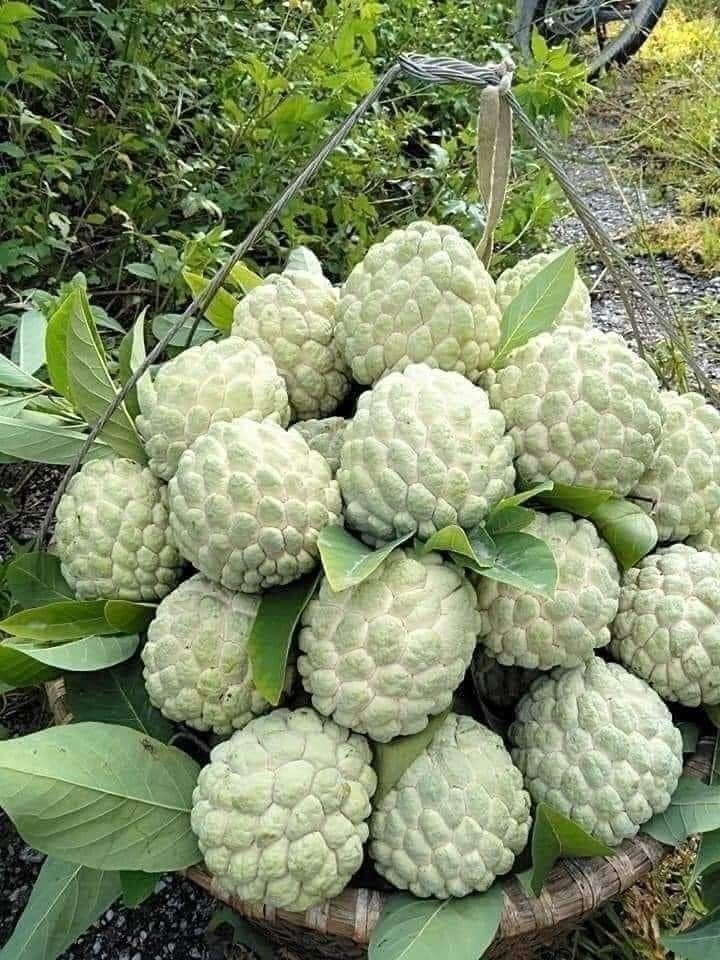
Health benefits of custard apple
Custard apple contains many nutrients and minerals that are beneficial for healthy living. The different nutrients with health benefits are given as follows:
Vitamin C: Custard apple contains anti-oxidant vitamin C, which fights free radicals, thereby preventing diseases.
Vitamin A: Vitamin A in fruits is beneficial in keeping skin and hair healthy. This vitamin is good for the eyes, too.
Potassium: Potassium in the sweet fruits makes you active and removes the lethargies. Potassium also helps to fight muscle weakness.
Magnesium: Magnesium helps to maintain water balance in the body. It is suitable for arthritic patients by removing acids from joints.
Copper: Copper in custard apples works against constipation.
Fibre: It has plentiful fibre, which is helpful in smooth digestion and eases constipation.
Nutritional facts of custard apple
The 100 gram of custard apple has nutrition in following forms: calories (80-101), protein (68g), fat (0.5g), carbohydrate (20g), fibre (0.9 g), calcium (17.6 mg), phosphorous (14.7mg), Iron (0.42 mg), carotene (0.007 mg), thiamine (0.075 mg), riboflavin (0.086 mg), niacin (0.528m), ascorbic acid (15 mg), nicotinic acid (0.5 mg).
Medicinal uses of custard apple
Custard apple has many medicinal benefits. The paste of the flesh of custard apple is beneficial to treat boils, abscesses, and ulcers. The dried crushed parts of custard apples are good for curing diarrhoea and dysentery. Eating custard removes expectorants. The bark of the custard apple tree is used for herbal medicine because it contains astringents and tannins. The tree’s bark is used in the treatment of toothache, too.
Top 10 benefits of custard apple
- plenty of nutrients, especially magnesium in custard apple, is suitable for preventing strokes and heart attacks.
- For healthy hair growth, the custard fruit is highly recommended.
- The fruit is good for the eyes due to the adequate presence of vitamin A.
- Regular intake of custard apples reduces the chances of rheumatism and other forms of arthritis as it helps influx out of excessive acids.
- The anaemic patient should eat custard apples regularly as the fruit has a good percentage of iron.
- The obese person should avoid it, but the fruit is good for underweight people to increase weight.
- As per the study, it has been found that custard apple is an excellent source of copper. Copper being a part of haemoglobin, the fruit is highly suggested for pregnant women. For women who don’t have the necessary copper, there are chances of an early baby born.
- A lack of copper also causes the Brittleness of bone.
- Custard apples may be used as a substitute for milk by making the fruit into beverages.
- It contains vitamin B6, thus helpful in resolving the problem of sore tongue, convulsion, and depression.
Precautions: Obese people should avoid eating custard apple as it is a healthy food to gain weight. The kernel of the fruit is toxic.

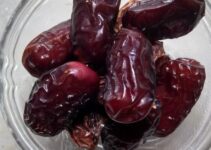
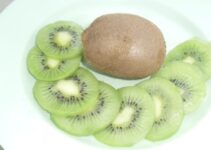
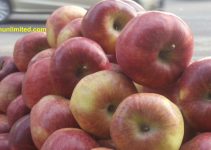
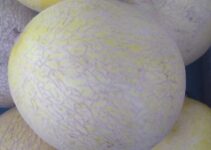
Custard Apple has a lot of medicinal value and having it as part of your diet has alot of health benefits.
where in the western cape can I buy custard apples?
I am 57 yes old. I remember on my way to kindergarten, there was avgudimoko tree. The philosophy at that time , according to us 6 years old was that this tree was mainly unreliable. However we had a tree in Gathehu. That is karatina. I don’t know whether this tree still exists. That was a long time ago. Its unbelievable that this tree would be taken seriously today . My father was the leafofficer in ragati tea factory. We lived in what’s now called karatina university.
It difficult to convince me that this fruit would now be considered as an important component in our economic aspirations.
Hello
Well written. Keep it up!